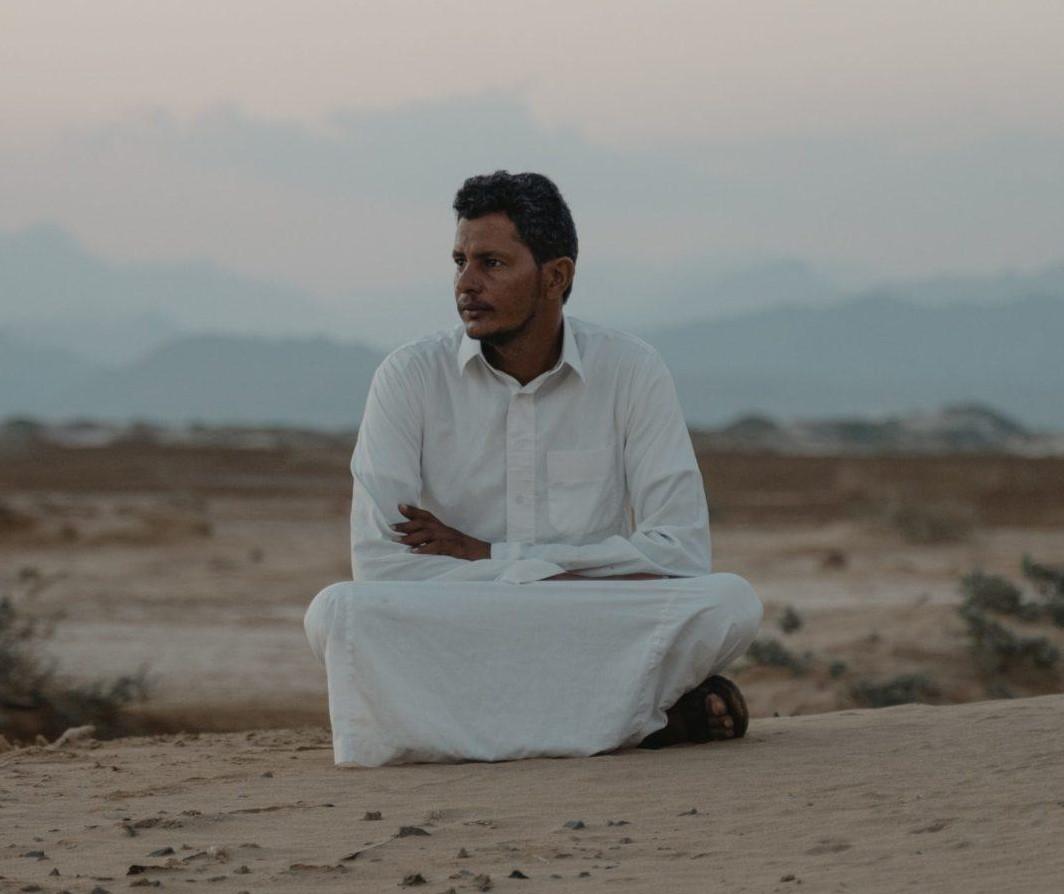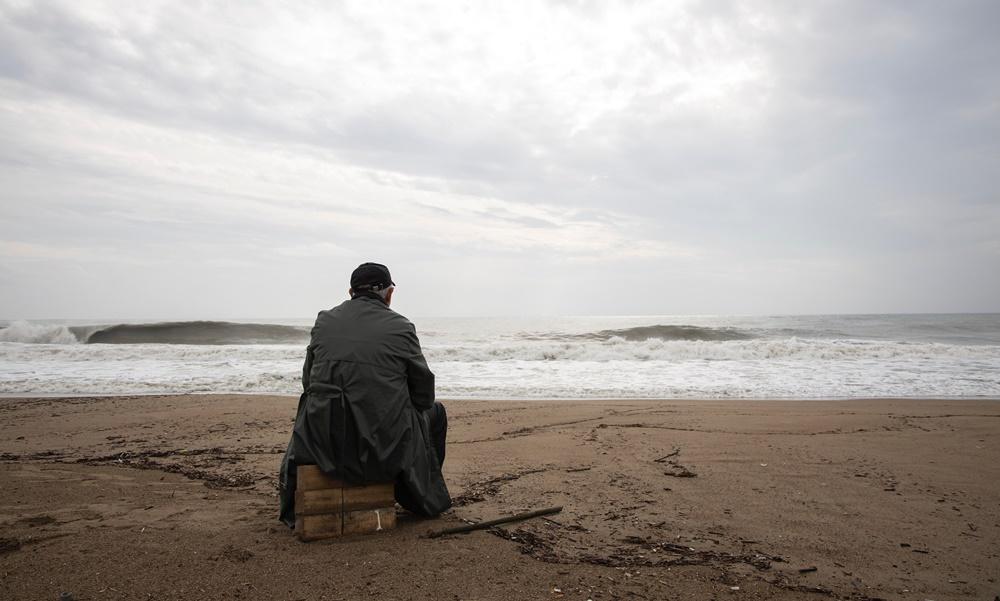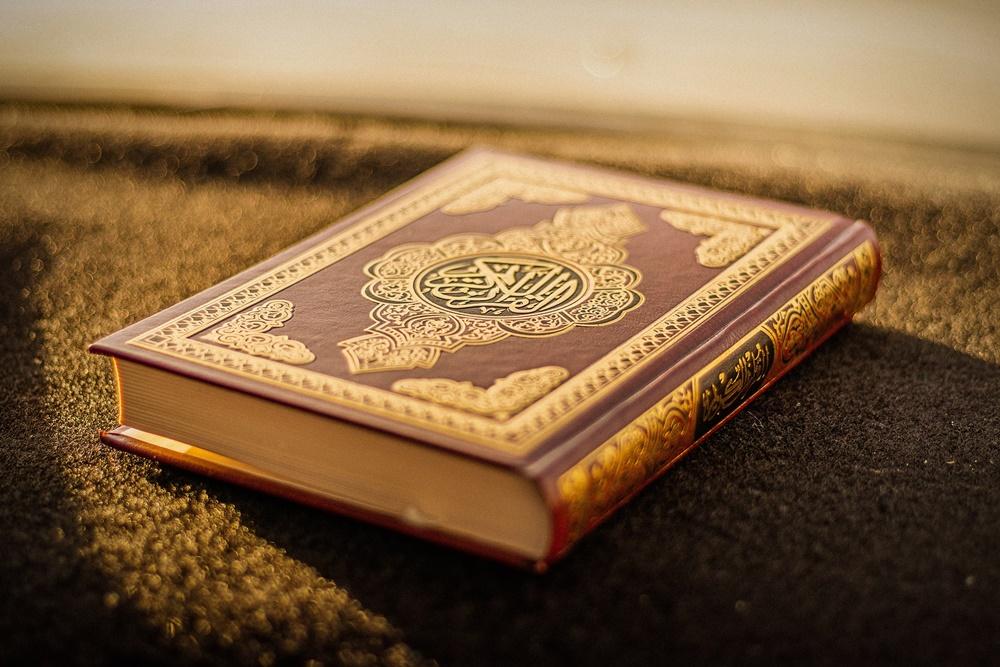THEY laughed and ridiculed. Here was a man who claimed to have traveled from Makkah to Jerusalem (1,235 km) and returned in one night.
The man was Muhammad ﷺ and journeys in sixth century Arabia would take several weeks, let alone a day or night.
The Makkan Quraish saw this as a golden opportunity to ridicule the Messenger of Islam, whose pure message they could not find fault with.
Allah said in the Qur’an:
“Exalted is He who took His Servant by night from al-Masjid al-Haram to al-Masjid al-Aqsa, whose surroundings We have blessed, to show him of Our signs. Indeed, He is the Hearing, the Seeing.” (Qur’an, 17:1)
It is Allah, the Creator of the Heavens and the Earth, who took him on the miraculous journey, regardless of whether the people believed in it or not.
“By Allah, if he actually said that, he has told the truth,” Abu Bakr said without hesitation.
Abu Jahl went around announcing the “new claim” of Muhammad ﷺ. Some Muslims who were weak in faith apostatized.
The Makkans ran to Abu Bakr (رضي الله عنه), the closest companion of Prophet Muhammad ﷺ, and said: “Would you believe a man who says he traveled to Al-Aqsa and returned in one night?”
“No,” said Abu Bakr.
“This is what your friend is saying,” they said.
“Did he really say it?” asked Abu Bakr.
“Yes, he did,” they replied.
“By Allah, if he actually said that, he has told the truth,” Abu Bakr said without hesitation.
“There really is nothing to be amazed about, for he has told me that information comes to him from Allah, from the sky to the earth, in an instant during the night or day and I believe him. And that is even more amazing.”
Abu Bakr was titled As-Siddeeq – the truthful – after that.
The Quraish publicly challenged the Prophet ﷺ to prove his claim by describing the place. They knew he had never traveled to Al-Aqsa before – after all, the Prophet ﷺ grew up ‘before their very eyes’.
Prophet Muhammad ﷺ went on to describe it in such detail that the Quraish were dumbfounded. He even described what had happened during this miraculous journey with a caravan that was on its way to Makkah. The caravan arrived a few days later and the travelers testified to the events described by the Prophet ﷺ.
What appeared to be an initial setback to the image of Islam was actually further proof of its truth. Although the event shook the faith of some, Islam only grew in strength after that and became well established – a clear indication that the divine claim had divine backing.
The incident of al-Israa-wal-Mi’raaj and the inspiring stance of Abu Bakr (رضي الله عنه) teach us a crucial lesson: that our faith will be tested.
Allah says in the Qur’an:
Do the people think that they will be left to say, “We believe” and they will not be tried? But We have certainly tried those before them, and Allah will surely make evident those who are truthful, and He will surely make evident the liars. (Qur’an, 29:2-3)
May Allah make us among the truthful ones! Ameen.
Our faith will be tested
If we look into Islamic history, we find several events, like the changing of the Qiblah or facing extermination during war, that describe how Allah tested the faith of the Sahabah, the Companions of the Prophet.
So be sure that Allah will test us as well.
Muslims today face a number of challenges, and fitnah (being tested) in the religion is just one of them. We are constantly bombarded with controversies and propaganda that challenge our faith. Serious charges are leveled against our religion – and not only by non-Muslims.
And then there are the oft-repeated demands of “reform,” “freedom,” “women’s rights,” and “equality.”
Lovely slogans said with crooked meanings.
* * *
“Muslim women are so oppressed! Why do they have to wear the hijab? Why do you have all these restrictions?” a Christian colleague, parroting the common arguments, asked my friend in his usual condescending tone.
“What? Don’t you have restrictions as well?” my friend replied.
“What restrictions? No, we don’t have any. They can wear what they want,” he proudly said.
“OK. If you had guests at home and your wife wanted to come and sit nude in front of them, would you allow it?” my friend asked.
“Of course not!” the colleague shot back, offended.
My friend laughed and replied: “So don’t say you don’t have restrictions. We all have some restrictions.”
* * *
Who defines right and wrong?
For us, Allah defines our boundaries. In Islam, there is justice for men and justice for women, not equality. Men and women have an equal status in the sight of God. As Allah says in the Qur’an, good deeds will be rewarded with Paradise regardless of whether they are done by a believing man or a believing woman.
To question why Islam has some difference in laws for men and women, or (to be more specific) why in Islam women can’t do what men can, is like questioning, why men can’t get pregnant, for example.
Shaikh Abdus Salam, founder of Aspire College in India, said in a recent social media post:
“The horse went out to plow and the cow went out to race, so we lost the crop and lost the race – this is what happens when roles change.”
Allah, the Almighty says: The male is not the same as the female. (3:36)
Is not the fact that Allah created us with different features, needs and strengths the greatest proof of our different roles?
Making men and women equal would be horribly unjust considering the very different makeup of the male and the female.
Is not the fact that Allah created us with different features, needs and strengths the greatest proof of our different roles? Justice requires that women receive rights, and have duties and rewards that are suitable to their nature. Islamic laws are based on our Creator’s revelation and are therefore in perfect harmony with our fitrah (innate disposition).
When non-Muslims argue with us about Islam, their arguments are based on ideas that really have no authoritative basis to decide what is right and wrong.
“Why is Islam so against homosexuality? What’s wrong with it?” a typical argument may come across as.
But who said there is nothing wrong with homosexuality in the first place? On what basis is that claim being made?
None.
Now who told us that homosexuality is wrong?
Allah.
Period.
After asking Allah for guidance, the cure for doubts is in learning Islamic knowledge.
[Also read: The Origin Of Shirk: How People Started Worshiping Idols]








 Dr. Bilal Philips
Dr. Bilal Philips